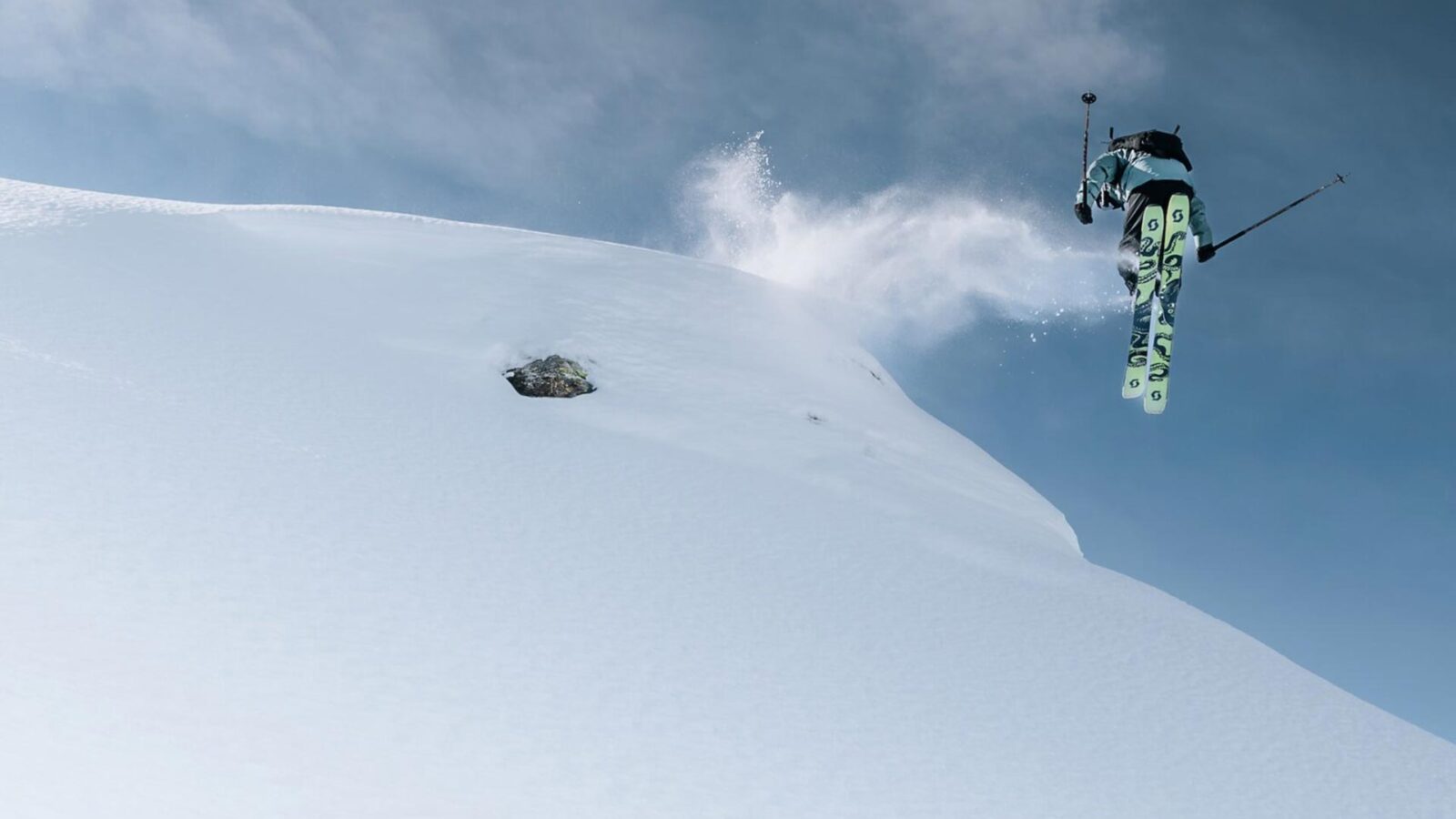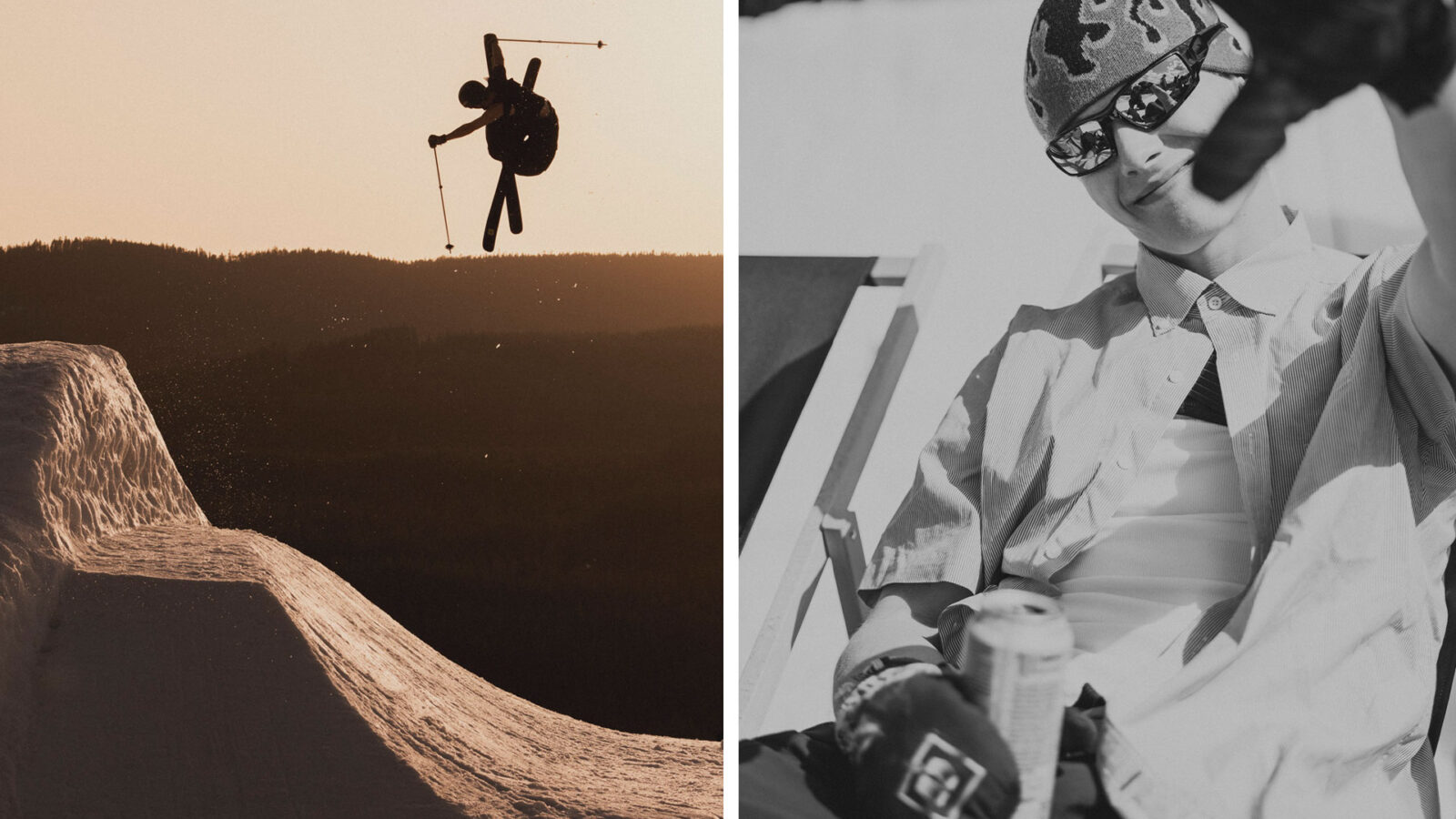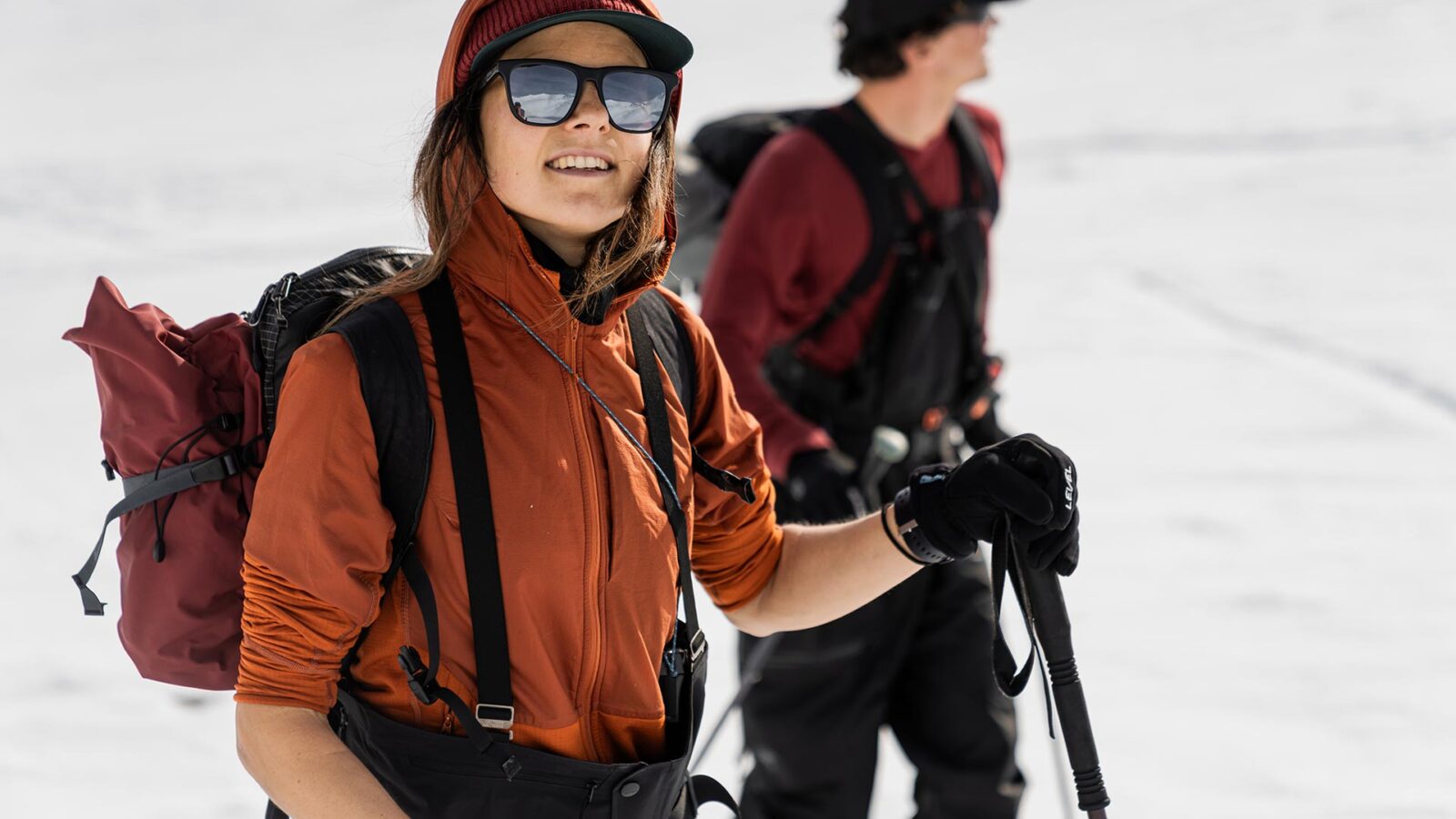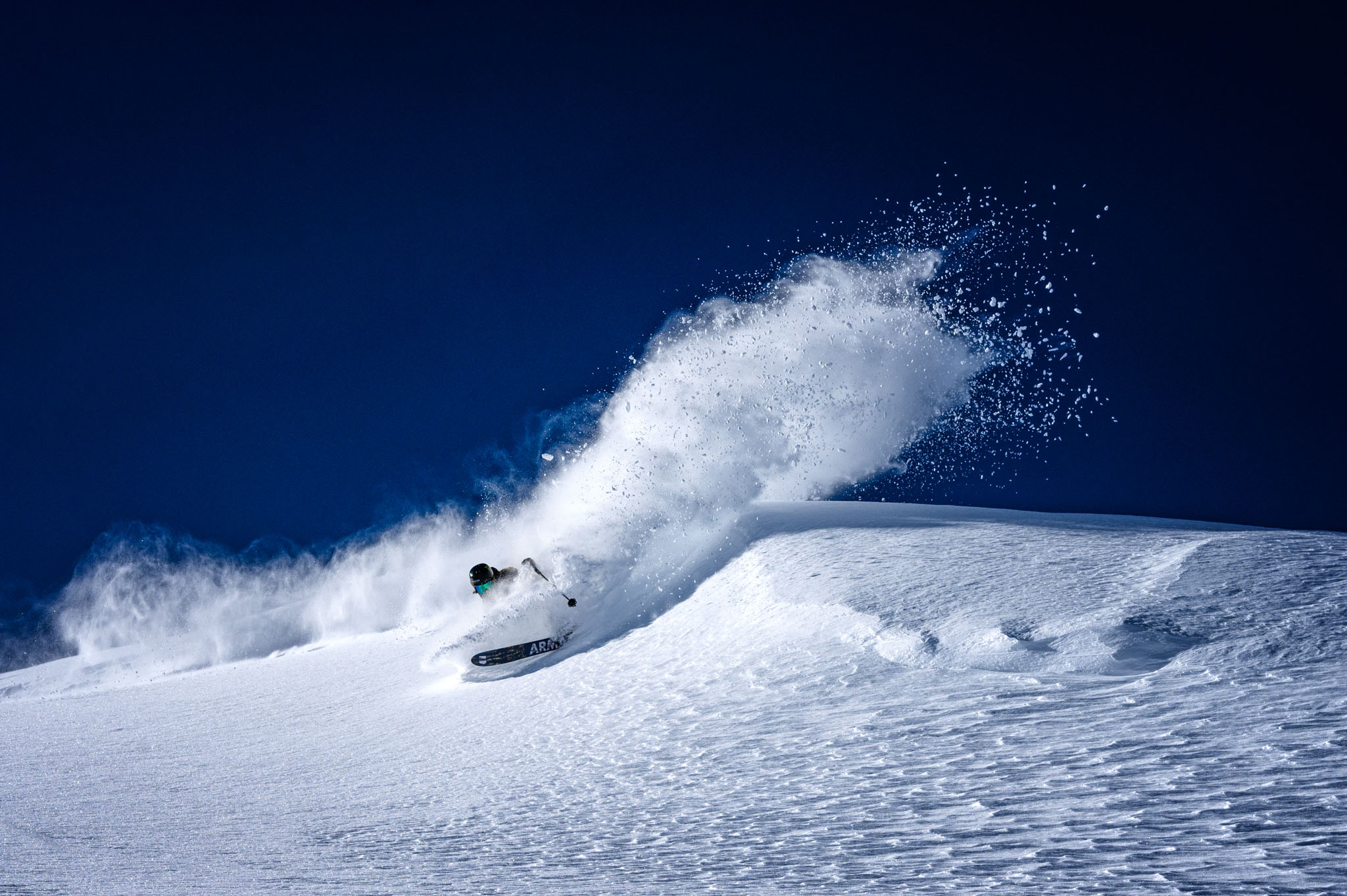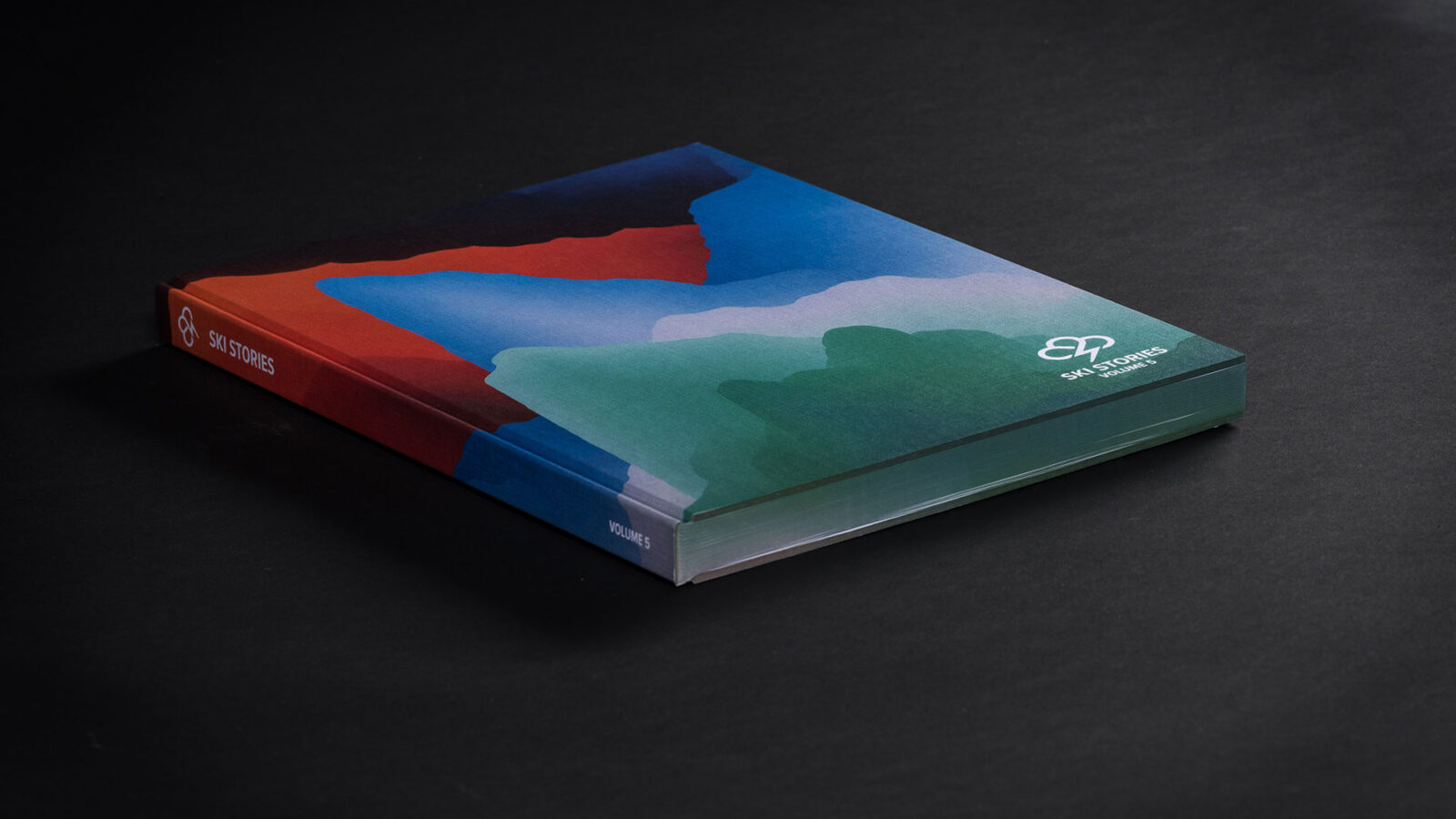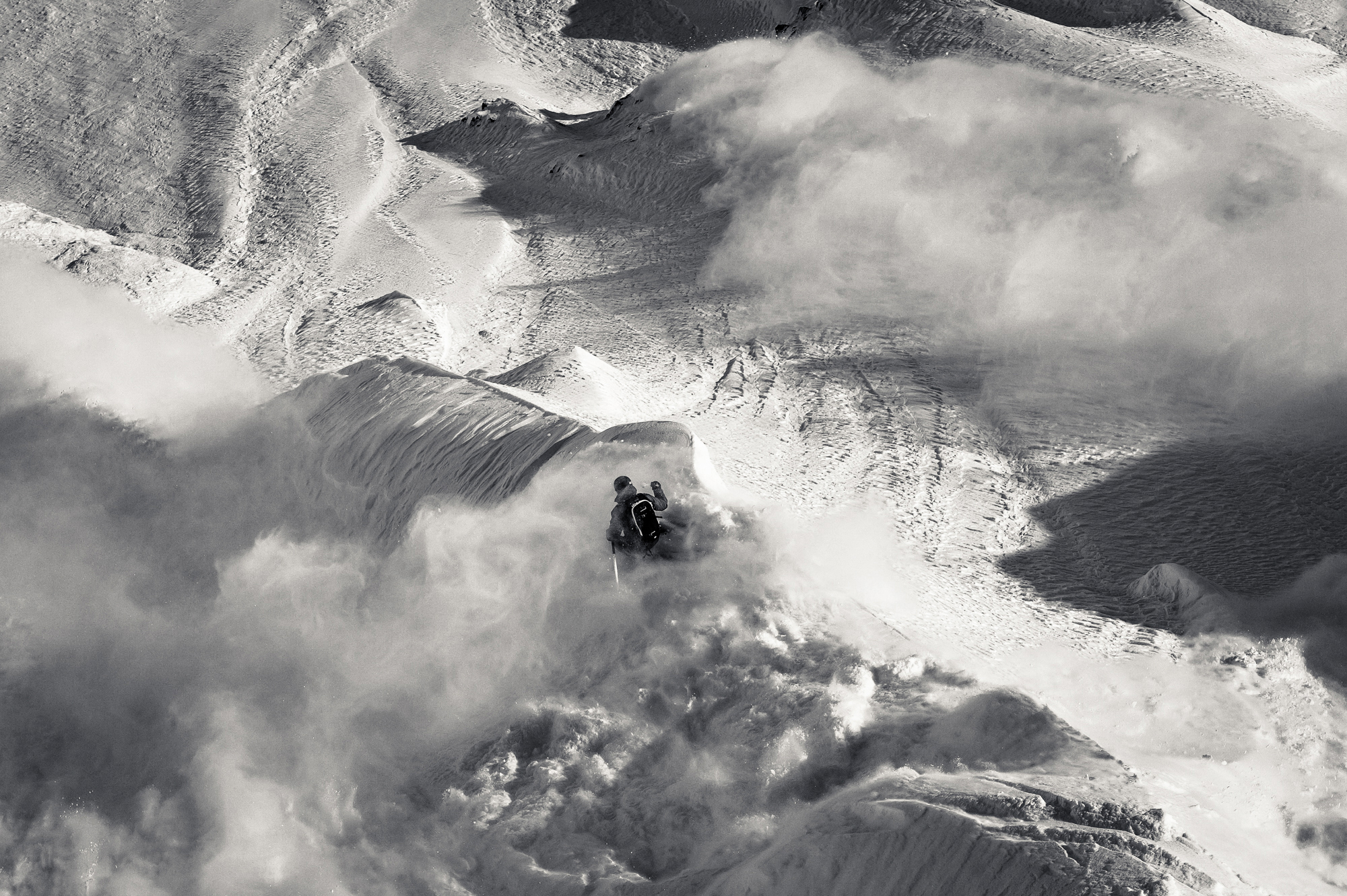
Stories
The Pursuit of Experience, Not “Likes” (Downdays – February Issue, 2016)
Words: Tom Leitner
Egocentrism doesn’t necessarily deserve all the bad press; I even believe that its pure form is a desirable goal. While the true egocentric—consciously or not—is steadily progressing towards self-awareness, literally discovering the centre of his own ego, the social media egocentric does the exact opposite. Instead of defining himself through his own human nature, he does so through the reactions of strangers. All he strives for is affection in its most abstruse manifestation, namely the “likes“ of his social media friends or followers, which is no more than a parody of friendship. It quickly becomes an obsession, an addiction where it is easy to lose oneself in the process. Instead of absorbing impressions and converting them into feelings and deeply private memories, the social media fiend immediately reflects them, bouncing them off into the virtual space of the Internet. As cliché as this may sound, he forgets to be in the moment.
Members of the free sports community always claim “living in the moment“ as one of our main motivations. We live our lives for moments of intense honesty where we feel at one with nature and our environment. We’ve always wanted to be hedonists in the most positive and original sense, seeking "pleasure in the form of a state of tranquillity and freedom from fear and absence of bodily pain through knowledge of the workings of the world and the limits of our desires” in the words of the Greek philosopher Epicurus. This view may sound romantic and maybe a bit too deep, but what else besides romanticism makes us exert so much effort for essentially useless activities?
We’ve always cared a lot about the reactions of others. Since the beginnings of free sports as we know them, people have always documented their antics. It’s kind of what defines our lifestyle, our way of competing: we express ourselves by showing the world what we do. Sharing of our experiences is an essential part of the concept, and the focus on aesthetics and uniqueness is what sets us apart from traditional sports. More than simply athletes, we are the self-staged production of an athlete. We produce and market our lifestyle, and to a certain extent we also want our private life to follow that idea of a self-manifested image.
Looking at it from a more pessimistic standpoint, freeskiing is a prime example of the “pics or it didn’t happen” mentality, the one that threatens to alienate us from ourselves.
How many times do we ruin the moment by taking out the cam, switching on the Gopro or going for that Instabanger? The more “pro” you are, the more evident this reality becomes: during the average break at a park shoot, you’ll see more people on their smartphones than actually talking to each other. And when you’re on top of a mountain, you see the beauty more through the filter of social media success than the stunning miracle of nature it actually is.
I don’t want to blame anyone for doing so. Maybe it is because I am part of an older generation and I just can’t handle it. Maybe I am not flexible enough and the younger generation has a more relaxed approach to it all. In the end, it might just not be that much of a deal. But to me, being connected digitally all the time means not being there, period.
I’m certainly not trying to sound all high-and-mighty about it:. I am a part of this, and I need to get my name out there too. But to me, the role that skiing offers me has always given me a great extent of freedom. The person that I am on the hill does not have a lot to do with who I am in real life. And sometimes you can see things more clearly through the eyes of another person, namely the one you pick as your on-hill personality. We still fight for recognition, even if it’s just us and a small group of like-minded mountain people. But the more comfortable and intimate you feel with the people you surround yourself with, the more you can bring in your own personality into play.
Never have I been a competitive person, and I never wanted to see skiing as business. In the scene that I found myself in, which enabled me to live the life that I’ve always wanted as a professional skier,I always felt somewhat alien. I had to separate strictly between the professional aspect—being in the public eye and showing my skills—and my true passion, which is simply skiing with good friends.
This season, for the first time in the context of my skiing career, I felt like I could truly be myself. I found myself in the company of like-minded friends, even if some were ten years younger than me. They are another generation, but their values and motivation have proven to be very similar to mine. This helped me to be truly in those memorable moments to experience them fully, more than ever before. And it’s the experience that matters, not the “likes”. So maybe next time you reach a mountain peak with your friends, leave the camera in your pocket and savour the experience for what it is; perhaps you will notice a difference.

